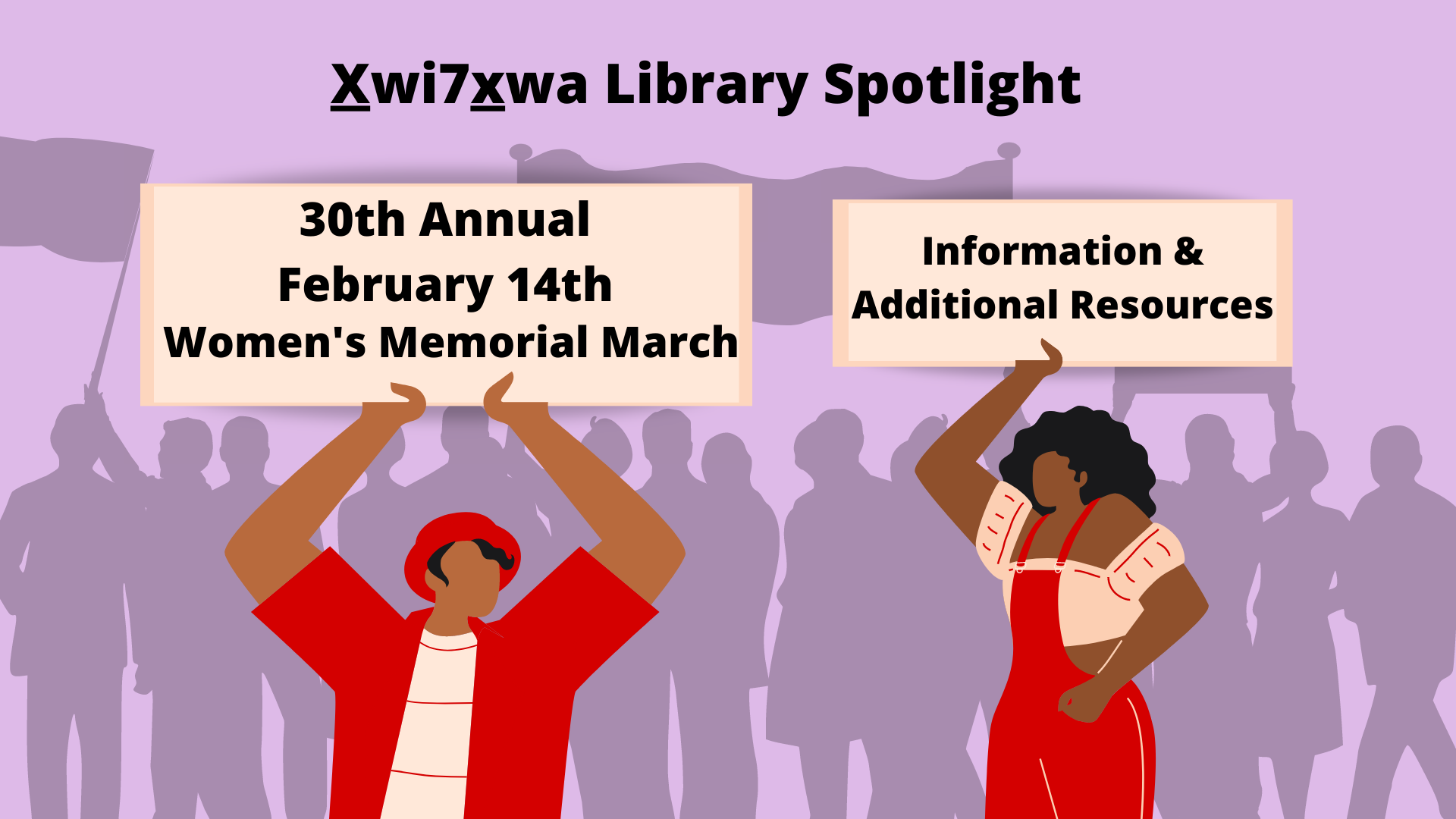
Since the 1970s dozens of women, including many Indigenous women, living in Vancouver’s Downtown Eastside have been murdered or gone missing. The first Women’s Memorial March took place in 1992 to commemorate the life of a woman murdered on Powell Street and it has been held ever since to honour all women living in the Downtown Eastside.
The 30th Annual Women’s Memorial March happens on Sunday, February 14th 2021. The march starts at 12:00 PM from Main and Hastings (Carnegie Community Centre). There will be stops along the way to commemorate where women were last seen or found; speeches by community activists at Main and Hastings; a healing circle at Oppenheimer Park around 2:30 PM; and a social distanced community feast at the Japanese Language Hall. Physical distancing and masks are required. The march will also be live streamed. Please see the “February 14 Women’s Memorial March DTES” Facebook page for more information.
Additional Resources
Indigenous women living in the Downtown Eastside face disproportionate levels of violence, poverty and racism. To learn more about the experiences of Indigenous women living in the Downtown Eastside, please see the resources below.
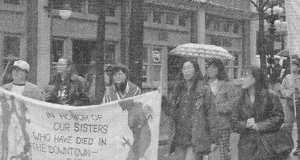
“Survival, Strength, Sisterhood: Power of Women in the Downtown Eastside” by Alejandro Zuluaga and Harsha Walia: A short film that documents the 20 year history of the annual Women’s Memorial March for missing and murdered women in Vancouver, Coast Salish Territories. By focusing on the voices of women who live, love, and work in the Downtown Eastside this film debunks the sensationalism surrounding a neighbourhood deeply misunderstood, and celebrates the complex and diverse realities of women organizing for justice.
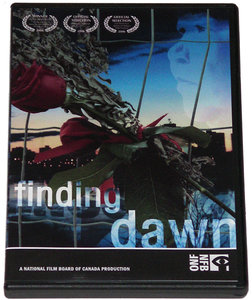
“Finding Dawn” by Christine Welsh: Dawn Crey. Ramona Wilson. Daleen Kay Bosse. These are just three of the estimated 500 Indigenous women who have gone missing or been murdered in Canada over the past thirty years. Directed by acclaimed Métis filmmaker Christine Welsh, Finding Dawn is a compelling documentary that puts a human face to this national tragedy. This is an epic journey into the dark heart of Indigenous women’s experience in Canada. From Vancouver’s skid row, where more than 60 women are missing, we travel to the Highway of Tears in northern British Columbia, and onward to Saskatoon, where the murders and disappearances of Indigenous women remain unresolved. Along the road to honour those who have passed, we uncover reason for hope. It lives in Indigenous rights activists Professor Janice Acoose and Fay Blaney. It drives events such as the annual Women’s Memorial March in Vancouver and inspires communities all along the length of Highway 16 to come together to demand change. Finding Dawn illustrates the deep historical, social and economic factors that contribute to the epidemic of violence against Indigenous women in this country. It goes further to present the ultimate message that stopping the violence is everyone’s responsibility. Find this film at UBC online or at X̱wi7x̱wa Library.
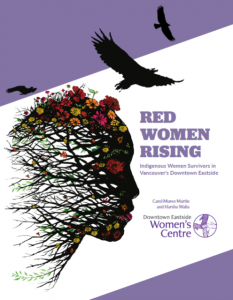
“Red Women Rising” report: Red Women Rising is an extraordinary report with Indigenous women survivors at the center; rather than as a secondary reference. Indigenous women in the Downtown Eastside (DTES)—a neighbourhood known as ground zero for violence against Indigenous women—are not silent victims, statistics, or stereotypes. This unprecedented work shares their powerful first-hand realities of violence, residential schools, colonization, land, resource extraction, family trauma, poverty, labour, housing, child welfare, being two-spirit, police, prisons, legal system, opioid crisis, healthcare, and more.
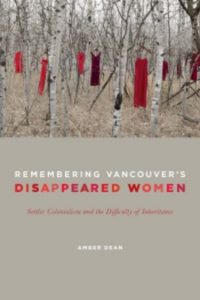
“Remembering Vancouver’s Disappeared Women: Settler Colonialism and the Difficulty of Inheritance” by Amber Dean: Between the late 1970s and the early 2000s, at least sixty-five women, many of them members of Indigenous communities, were found murdered or reported missing from Vancouver’s Downtown Eastside. In a work driven by the urgency of this ongoing crisis, which extends across the country, Amber Dean offers a timely, critical analysis of the public representations, memorials, and activist strategies that brought the story of Vancouver’s disappeared women to the attention of a wider public. Remembering Vancouver’s Disappeared Women traces “what lives on” from the violent loss of so many women from the same neighbourhood. This book is available online or physically from X̱wi7x̱wa Library.
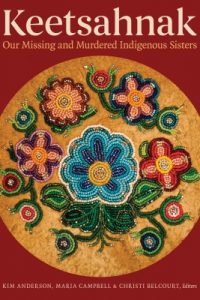
“Keetsahnak / Our Missing and Murdered Indigenous Sisters” (Chapter 1) edited by Kim Anderson, Maria Campbell and Christi Belcourt: In Keetsahnak / Our Murdered and Missing Indigenous Sisters, the tension between personal, political, and public action is brought home starkly as the contributors look at the roots of violence and how it diminishes life for all. Together, they create a model for anti-violence work from an Indigenous perspective. They acknowledge the destruction wrought by colonial violence, and also look at controversial topics such as lateral violence, challenges in working with “tradition,” and problematic notions involved in “helping.” Through stories of resilience, resistance, and activism, the editors give voice to powerful personal testimony and allow for the creation of knowledge. This book is available online or physically from X̱wi7x̱wa Library.
For additional information and research help, please see X̱wi7x̱wa Library’s “Missing and Murdered Indigenous Women & Girls (MMIWG)” research guide.
